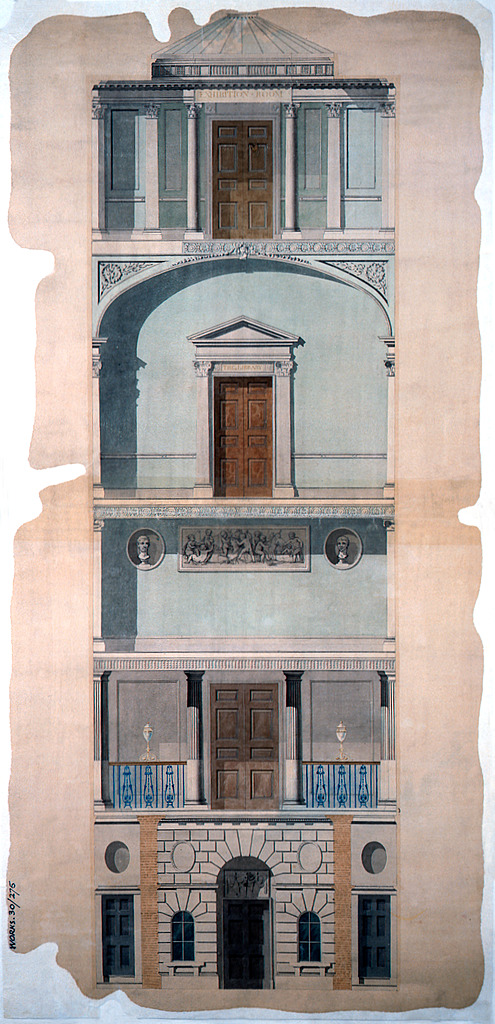Main section
What is Archives Unlocked?
Archives Unlocked is the Government’s strategic vision for releasing the potential of archives. Our ambition is that archives inspire trust, enrich society and people’s lives, and are open to all. Launched in 2017, the vision document explores what our core values and ambitions of Trust, Enrichment and Openness mean for archives.
Alongside the vision document, we publish regular action plans, outlining the work we are doing to deliver the ambitions of Archives Unlocked and our strategic priorities for the coming months. Since 2017, these updates have focused on three key themes: Digital Capacity, Resilience, and Impact.
These themes remain as relevant as ever, and continue to shape our work with and for the sector.
Our priorities for 2023-25
You can find out about our priorities for 2023-25 below. These priorities outline what we want the archives sector to feel enabled and empowered to do, with our support and collaboration, over the next two years.
Tabs Navigation
Tabs
What’s new?
In the six years since we launched the Government vision, Archives Unlocked, The National Archives and the archives sector have worked together to show how archives deliver the three ambitions of Trust, Openness and Enrichment.
During this time, seven key themes have emerged: digital capacity, resilience, impact, diversity and inclusion, innovation and risk, advocacy and reputation, and health and wellbeing. We are reframing our thinking and priorities to better encompass these important issues.
In the following section, we outline the ten priorities for archives over the next two years. As a sector we will need to embrace new models of accessing both collections and careers in archives. Continuing to develop our knowledge and skills will be vital, including learning to advocate effectively and collaboratively for the value of archives and record keeping.
We will all need to become increasingly open to thinking and doing things differently. As well as playing an active role within our professional community, we should seek out new partners, diverse perspectives and innovative ideas for the whole sector.
Tina Morton, Head of Archive Sector Leadership (Interim)
Our priorities
The National Archives and the archives sector will work together to:
1. Develop, support and implement professional standards and guidance to meet the changing needs of collections, the archives workforce and users. Through appropriate support to the sector, increase awareness of and ensure compliance with relevant archives legislation.
2. Enable archivists to have the knowledge, skills and confidence to collect and manage records, including cataloguing, preservation, interpretation, access, engagement, and financial and risk management.
3. Adopt an evidence-based approach to demonstrating the relevance, value and impact of archives so they become partners of choice. Support archives to use this evidence to influence decision-making and planning at both operational and strategic levels.
4. Secure new sources of funding, support and commercial opportunities for archives, through the use of evidence, effective internal and external advocacy, and partnership working.
5. Remove barriers to access, increase the visibility of archive collections and engage diverse audiences to support democratic accountability and the rights of groups and individuals, nationally and locally.
6. Support sustainable collecting in archives, working more actively with under-represented groups and individuals so that collections are reflective of the rich diversity of society.
7. Champion the role that archives and their collections can play in wider cultural and economic outcomes including placemaking, health and wellbeing and economic growth – cultivating creativity, a thirst for knowledge and strengthening our understanding of identity and belonging.
8. Diversify the archives workforce by opening up entry routes into the profession, such as apprenticeships, and promoting fair and open recruitment.
9. Be innovative, brave and bold, trying out new approaches without fear of failure, learning from mistakes and sharing the lessons learnt for the benefit of the whole sector.
10. Work together to maximise the opportunities for knowledge and skills exchange, to enrich archive practice, to develop partnerships and to advocate more holistically on behalf of the sector.

